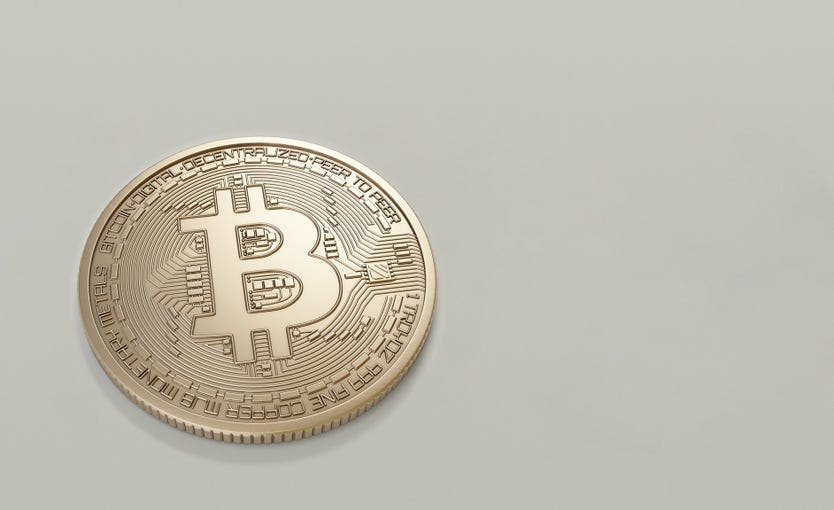These computers are known as bitcoin miners, and are essential for the operation of the bitcoin network. Bitcoin mining is a process in which miners compete to solve intricate mathematical puzzles. This process not only verifies transactions but also maintains the integrity and security of the entire Bitcoin network. Each time a miner cracks one of these complex puzzles, they earn the right to create a new “block” that records a group of transactions, including details like the sender’s and recipient’s bitcoin addresses and the amounts transferred.
These blocks are added to a shared online ledger called the blockchain, which creates an immutable, transparent, and indisputable record of all bitcoin transactions. Since everyone’s copy of the blockchain must match, it’s virtually impossible for someone to falsely claim they have more bitcoin than they actually possess—any discrepancies would be immediately noticeable.
Mining bitcoin is a resource-intensive process that requires high-end computer hardware and consumes a significant amount of energy. However, this energy-intensive process plays a critical role in securing the decentralised nature of the bitcoin network. By distributing the responsibility of transaction validation and record-keeping among multiple miners, the network achieves a decentralised consensus that ensures its trustworthiness and resistance to fraud or manipulation.
In essence, bitcoin mining is a fascinating and essential process that combines cutting-edge technology, mathematical prowess, and the principles of decentralisation. Together, these elements create a secure, transparent, and indisputable record of all bitcoin transactions—forming the backbone of the world’s first truly decentralised digital currency.
A bitcoin miner who adds a block to the chain is issued with new Bitcoins worth thousands of dollars. While this may seem like free money, but the investment required to build and run a machine capable of processing a block is significant and increases over time. As more bitcoins are mined, the rate at which new bitcoins are created gradually reduces due to the bitcoin protocol’s design, which halves the mining reward every 210,000 blocks, which is around every four years.
Around 450 bitcoins are “minted” every day. At today’s prices, their total value is more than $45 million AUD. The total supply of bitcoins is limited to 21 million. Once the limit is reached, it won’t be possible to mint any more. At the current trajectory, it’s predicted the last bitcoin will be mined by 2140 unless current protocols are changed.
This article was originally published by a www.forbes.com . Read the Original article here. .

